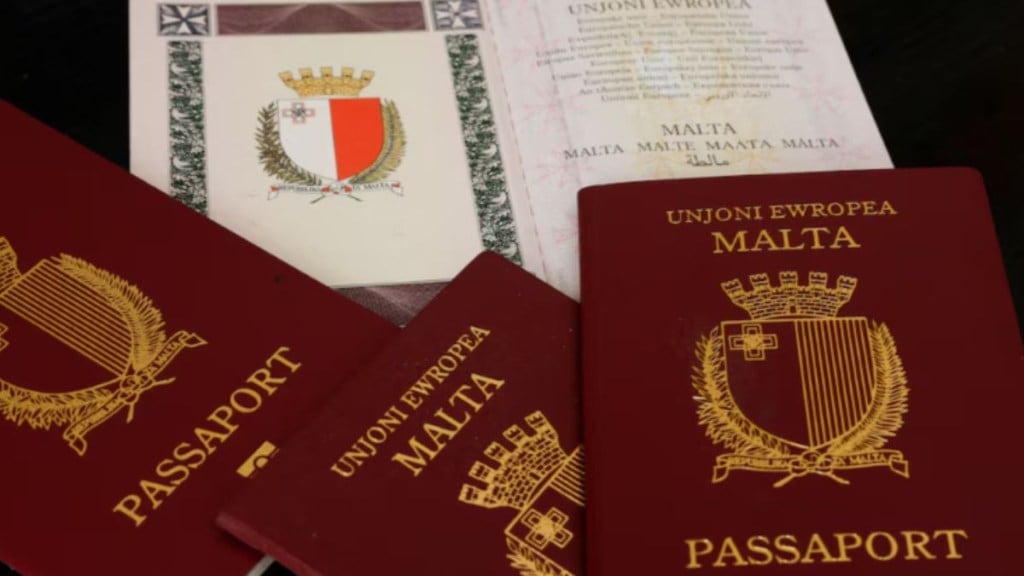On Tuesday, the European court of justice ruled that Malta’s “golden passport” scheme must end. Much like President Donald Trump’s plans to sell “Gold Card” visa to rich immigrants, the European golden passport program allowed wealthy foreigners to buy citizenship in exchange for an investment of around 1 million euros ($1.14 million), as per Reuters. The scheme presented foreigners with a passport that, in turn, granted them the right to live an work in an EU country.
However, the top court’s latest ruling brands this scheme as illegal, saying that the cash-for-citizenship program contradicts EU law by representing a “commercialisation of the grant of the nationality of a member state” — same goes for EU citizenship at large.
Top court rules member state cannot grant European citizenship
“A member state cannot grant its nationality – and indeed European citizenship – in exchange for predetermined payments or investments, as this essentially amounts to rendering the acquisition of nationality a mere commercial transaction,” the court said. “Such a practice does not make it possible to establish the necessary bond of solidarity and good faith between a member state and its citizens, or to ensure mutual trust between member states.”
Welcoming the decision, a European Commission spokesperson said, “European citizenship is not for sale… Investor citizenship schemes breach EU law and as such should be abolished by all member states.” They added, “We expect Malta to comply with this decision and apply it accordingly.”
Similarly, NGOs cheered the court decision, according to Politico. “Today’s judgement confirms that member states cannot commodify EU citizenship and operate reckless golden passport programs,” Transparency International CEO Maira Martini said in a statement.
Former PM reacts
The EU golden passport scheme found its origin in a 2013 law. The long-criticised program was introduced during Former Maltese Prime Minister Joseph Muscat’s administration before he resigned in 2020. The former PM who is being prosecuted in Malta for alleged corruption has since lambasted this week’s ruling, calling it politically motivated while accusing European Parliament President Roberta Metsola of “working against our country” on Facebook.
Maltese government to comply
Local media reported that Malta’s government is ready to comply with the ruling. “As always, the government of Malta respects the decisions of the courts,” the government said in a statement. “At this moment the legal implications of this judgment are being studied in detail, so that the regulatory framework on citizenship can then be brought in line with the principles outlined in the judgment.”
Although the Maltese government has agreed to update the law keeping in line “with the principles outlined in the judgement,” it also sung praises of the scheme, indicating that it had brought in more than €1.4bn in revenues for the government since 2015.
Issues with Maltese govt ‘selling’ EU citizenship
Meanwhile, the overarching criticism of the green passport scheme stems from campaigners’ vehement requests for transparency. They even accused the program of exposing the Malta scene to money laundering, corruption and security risks. A 2021 investigation conducted by the Guardian exposed the residency loophole in the cash-for-passports scheme. Leaked files suggested that multimillionaire applicants claiming to have “genuine link” to the EU country -and had been granted citizenship – left their homes for most of the year, sometimes staying in the country only for three weeks.
The European Commission legally challenged Malta and Cyprus in October 2020 for the sale of “EU citizenship.” Although Cyprus decided to shut down the scheme soon after that, the Maltese government stood its ground, arguing for its exclusive entitlement to grant nationality.

